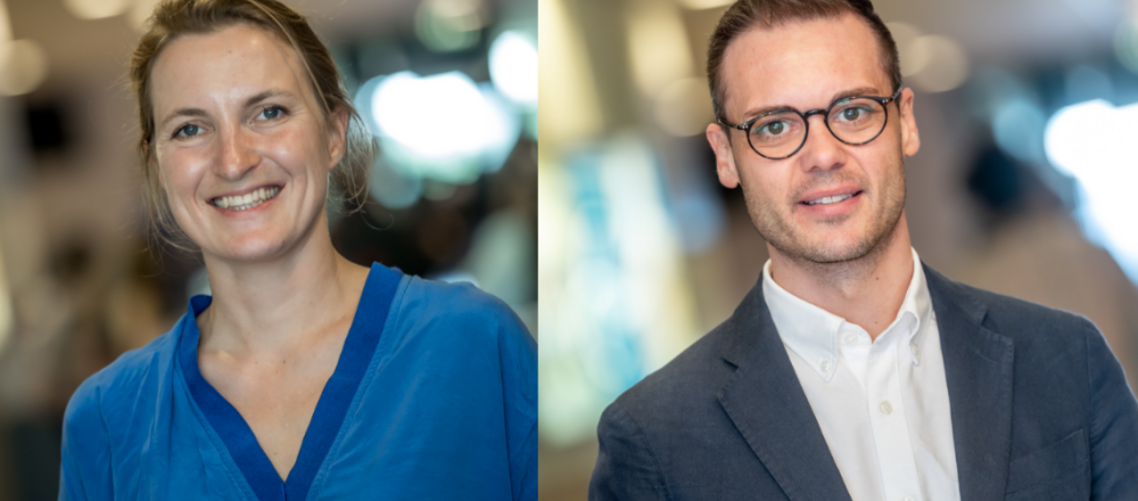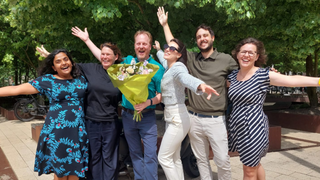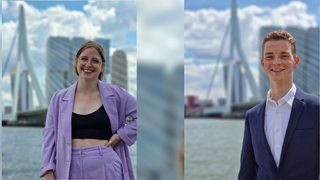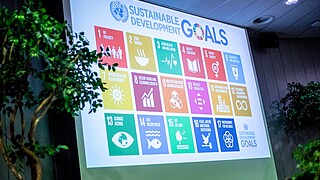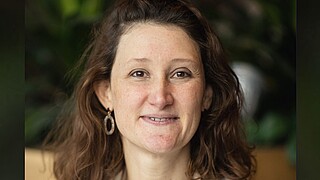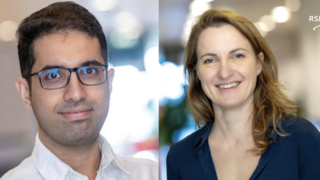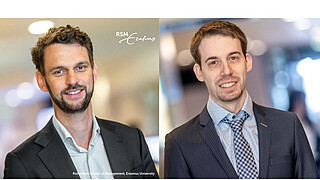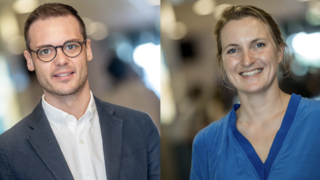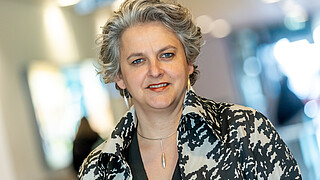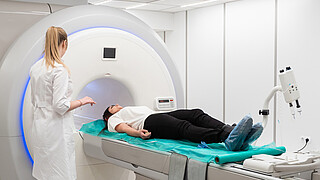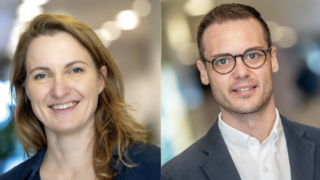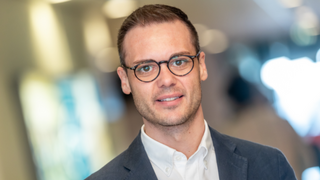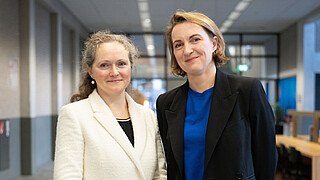The objective of the project is to develop a machine learning algorithm and a mobile website to design and distribute personalised behavioural interventions and advance the application of behavioural sciences towards sustainability. The consortium will receive nearly €30,000 from Resilient Delta for this project.
Individual intervention
Dr Gabel and Dr Krefeld-Schwalb explain that personalisation involves identifying the right type of intervention, the optimal timing, and tailoring the content of the intervention to each individual. To test the effectiveness of personalisation, the project team will conduct a field experiment at Erasmus University Rotterdam, focusing on students’ sustainable behaviour such as water and energy consumption and transportation. To deliver the intervention, they are developing a mobile website on which students can record their behaviour, for example by logging their energy and water meters. Students can already fill out a survey so the researchers can view their current habits in this area.
Sustainable behaviour will be rewarded with points, which students can redeem in the mobile website’s online store. The products are provided by small businesses producing sustainable products, for example Rootzz, Zo, MOYU, The Dutch Weed Burger, Willicroft and Northern Wonder.
Behavioural drivers
While this process provides some incentive to behave sustainably, the project team will also focus on other interventions such as core drivers of the behaviour. Reminders, feedback, gamification, and prompts will be sent out to students to motivate them. With the machine learning algorithm, the research team will fine-tune the mix, timing and texts of these interventions for each student.
As a behavioural scientist, Dr Krefeld-Schwalb will provide a theoretical foundation for the personalisation algorithms, and focus on designing the interventions and routes for personalisation. Dr Gabel is an expert in field experiments and machine learning. He develops theoretically grounded targeting policies that optimise the selection, timing, and design of interventions. They will collaborate with partners Jesse Krijthe from Delft University of Technology, Dr Laura de Graaff from Erasmus MC and sustainability advisor Erno Herder.
Convergence alliance
Erasmus University, Delft University of Technology and Erasmus MC are committed to combine their strengths, knowledge and methods to address societal challenges such as climate change, sustainability, pressure on the healthcare system, urbanisation and digitalisation through education and research. Within the Convergence alliance, the universities are working on the themes: Resilient Delta, Health & Technology, AI, and Data & Digitalisation. For these challenges, they collaborate with local public and private partners, using the region as living lab.
About Dr Sebastian Gabel
Sebastian Gabel earned a PhD in marketing in 2019 from Humboldt University of Berlin, School of Business and Economics. His research focuses on the intersection of quantitative marketing, machine learning and econometrics. Furthermore, Sebastian collaborates with leading marketing solution providers and grocery retailers to design and implement advanced machine learning systems for scalable and automated marketing personalisation. These marketing solutions have helped retailers to increase their revenue, return on advertising spend, and conversion rates.
About Dr Krefeld-Schwalb
Antonia Krefeld-Schwalb’s research lies at the intersection of cognitive science and marketing. She uses methods from cognitive science, such as process measurements (mouse and eye tracking) and computational models to gain an understanding of consumer behaviour and managerial decision-making. She optimises methods to predict behaviour outside of the experimental laboratory. She’s particularly interested in improving preference measurement.
